AARP Hearing Center


The biggest political celebrations of the season were supposed to kick off this week. Funny hats, campaign buttons, balloon drops, parties, networking, sightseeing in the host city during the day and a parade of speeches at night. But in yet another way, COVID-19 has interrupted life as we know it: Delegates to the Democratic and Republican national conventions are mostly going to be celebrating at home.
The Democrats were scheduled to gather in Milwaukee, with 4,765 delegates joined by tens of thousands of political junkies — from volunteers and campaign workers to members of the media. But instead of delegates sitting in the Wisconsin Center beneath placards with their state names, for four days they'll be home in front of their laptops and other devices virtually attending daily state breakfasts, campaign strategy meetings and caucuses, and watching politicians make the case to elect former Vice President Joe Biden and Sen. Kamala Harris this fall.
And instead of being in an electricity-filled hall to witness their standard-bearer accept his party's nomination, Democratic delegates will watch Biden and Harris speak from a convention center in Biden's Wilmington, Delaware, home.
Then next week, Republicans were supposed to party in Charlotte, North Carolina. The Grand Ole Party has decided to stage a hybrid convention. Some delegates — 336 to be exact — will gather in North Carolina to officially renominate President Donald Trump and Vice President Mike Pence. The party has asked six delegates from every state and territory to meet at the Charlotte Convention Center. They will carry the proxy of the other 2,106 delegates who will participate virtually. The president and vice president will not be in Charlotte. As of Monday, the GOP hadn't announced where they will deliver their acceptance speeches, although Trump has indicated he wants to do so on the White House grounds.
For both parties, political activism tends to be a longtime avocation for many delegates. In 2008, CBS news surveyed the delegates to both conventions and found that their median age was 54. Here's what four veteran delegates — two from each major party — have to say about conventions past and present.
Cheeseheads and activism

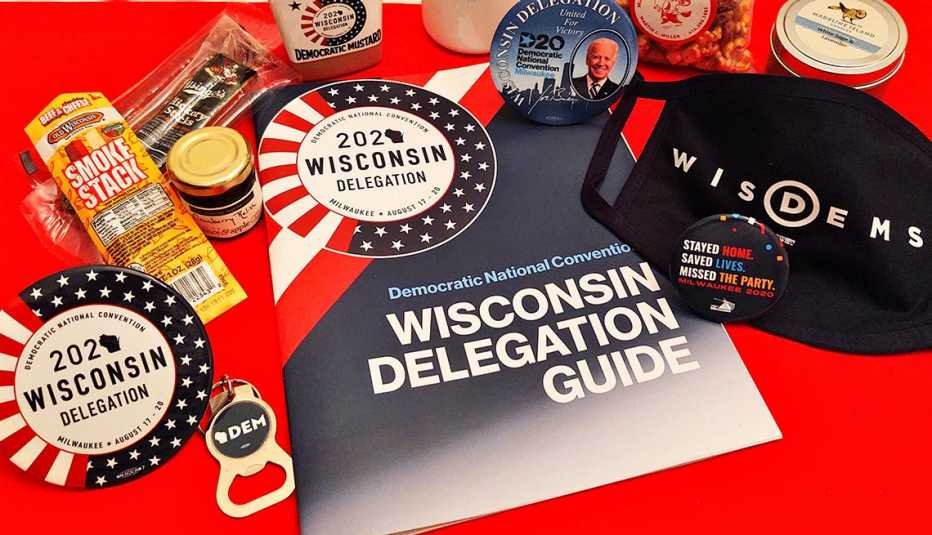
Margaret Wood first became a delegate from Wisconsin to the Democratic National Convention held in Charlotte in 2012 because, for her, democracy means getting involved.
"You participate in democracy. It's not something you just sit back and watch,” says Wood, 73, who is a retired elementary school teacher from La Crosse and a self-described political junkie. Being able to meet delegates from all over the country and political leaders she had up to then just seen on television, she says, is what makes conventions special.
"Who would have thought I'd ever meet Julian Castro,” Wood says of the then-mayor of San Antonio and the 2012 keynote speaker who showed up one morning to speak to her state's breakfast meeting. She also experienced the best pampering of her life when she saw a flyer for Huffington Post's “delegate spa,” complete with massages, quiet places to read, and tea and crumpets to snack on. “It was the most luxurious thing I have ever done."
Wood is a delegate to this week's convention. She's going to miss seeing the speakers up close, but “it's going to be more comfortable — with my bottle of wine and my Cheetos.” The party emailed her a ballot. and she's already filled it out and electronically voted for Biden.

































































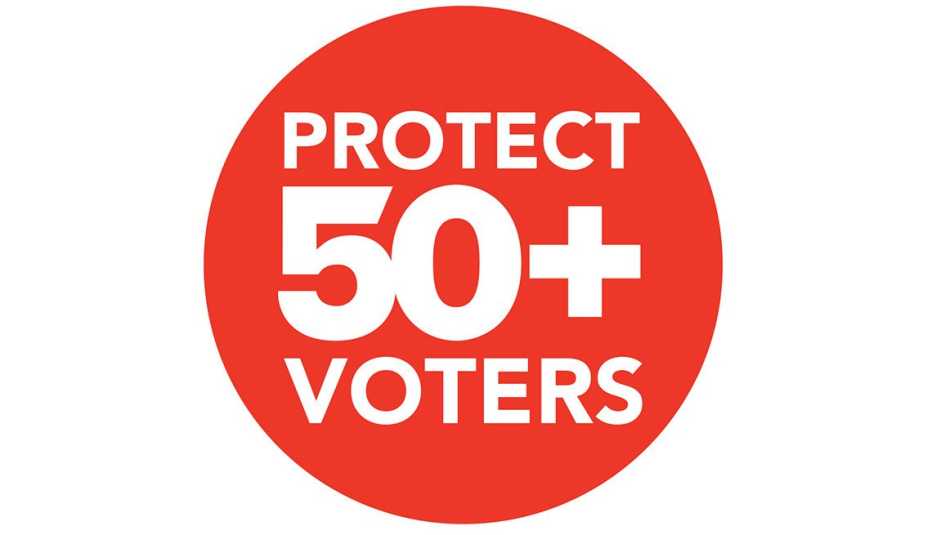


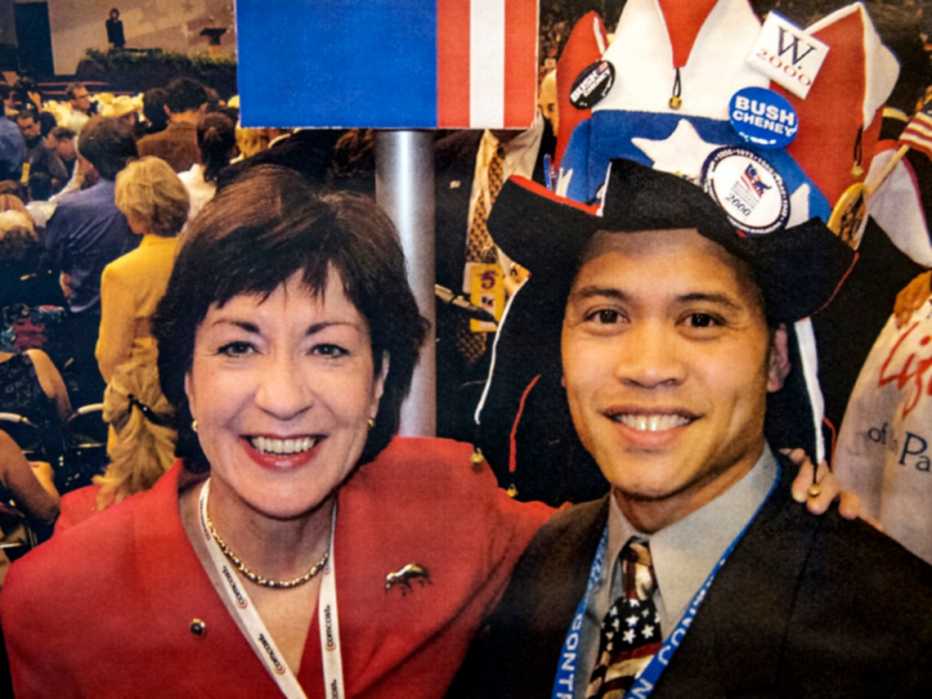
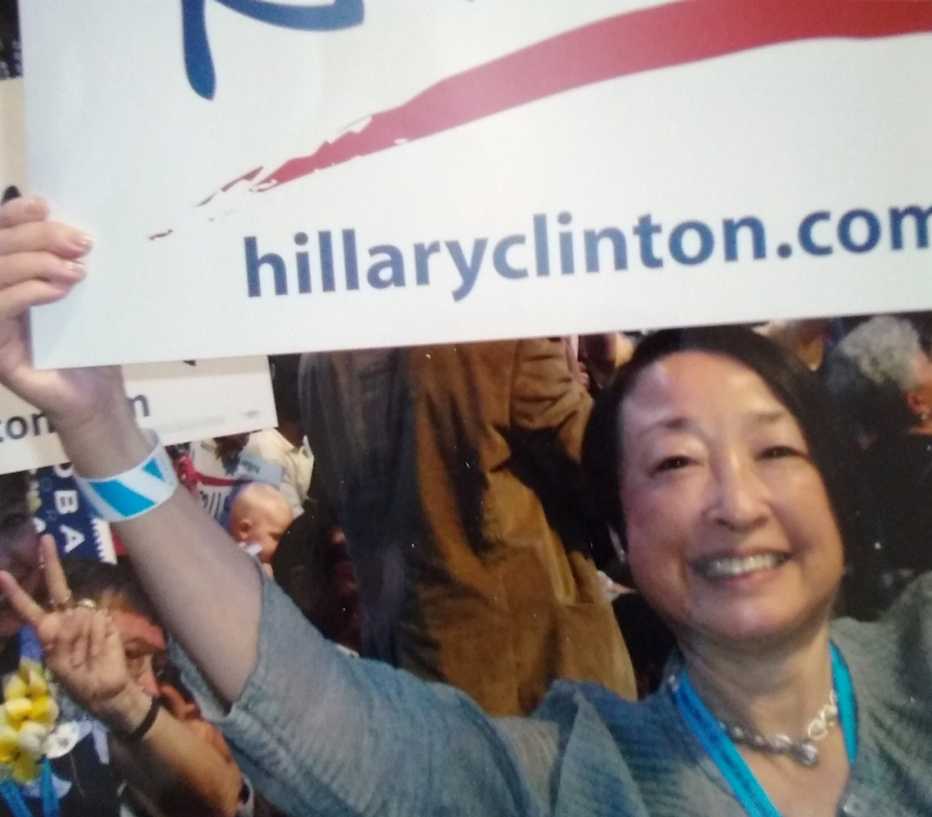
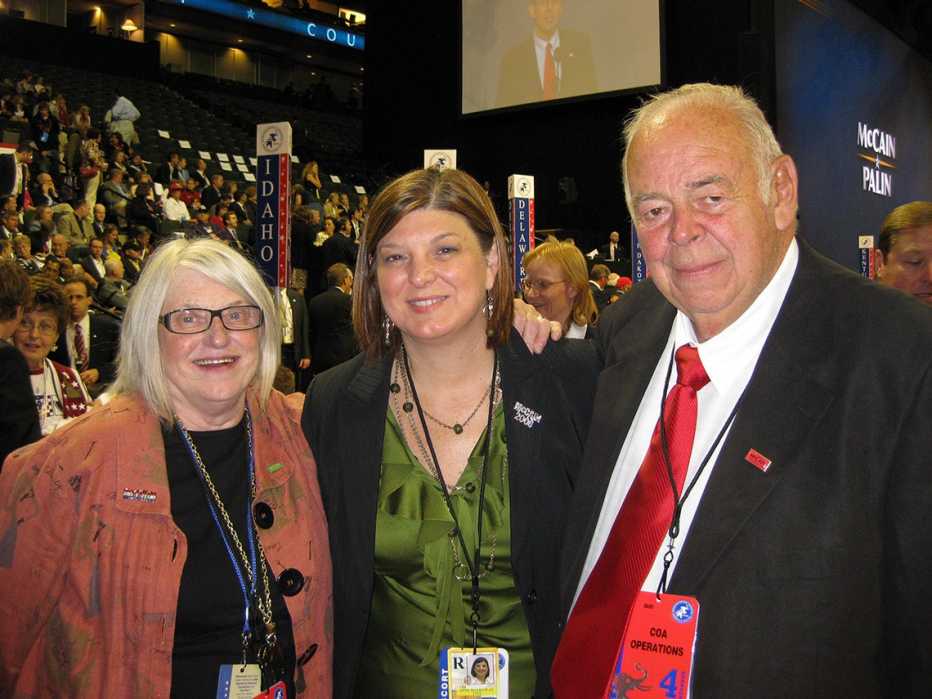
More on politics-society
AARP Emphasizes Voter Safety as Election Day Approaches
Protect Voters 50+ voter-engagement efforts aimed at helping Americans cast ballots safelyVoting Rules, Marijuana Legalization Among 2020 Ballot Measures
The pandemic has dampened citizen activism on initiativesTop 5 Issues That Will Determine How 50-Plus Americans Vote
Winners will have to repair the economic, health and social devastation of 2020